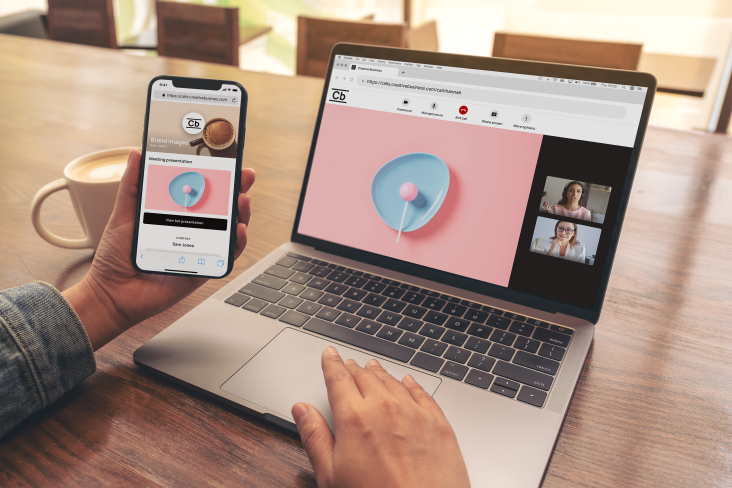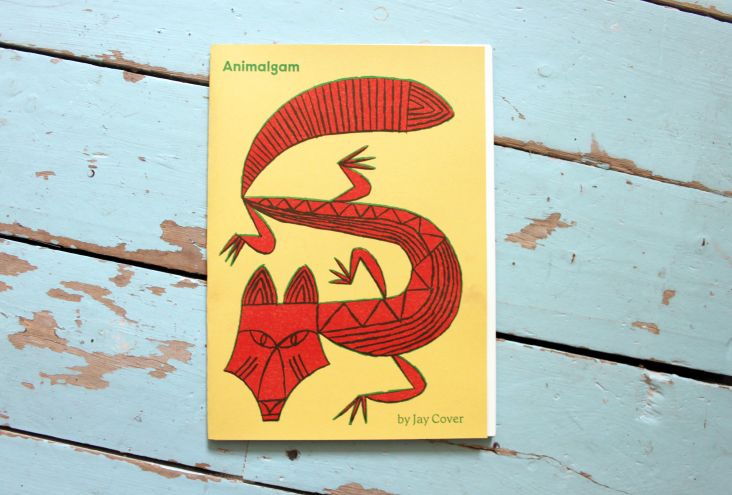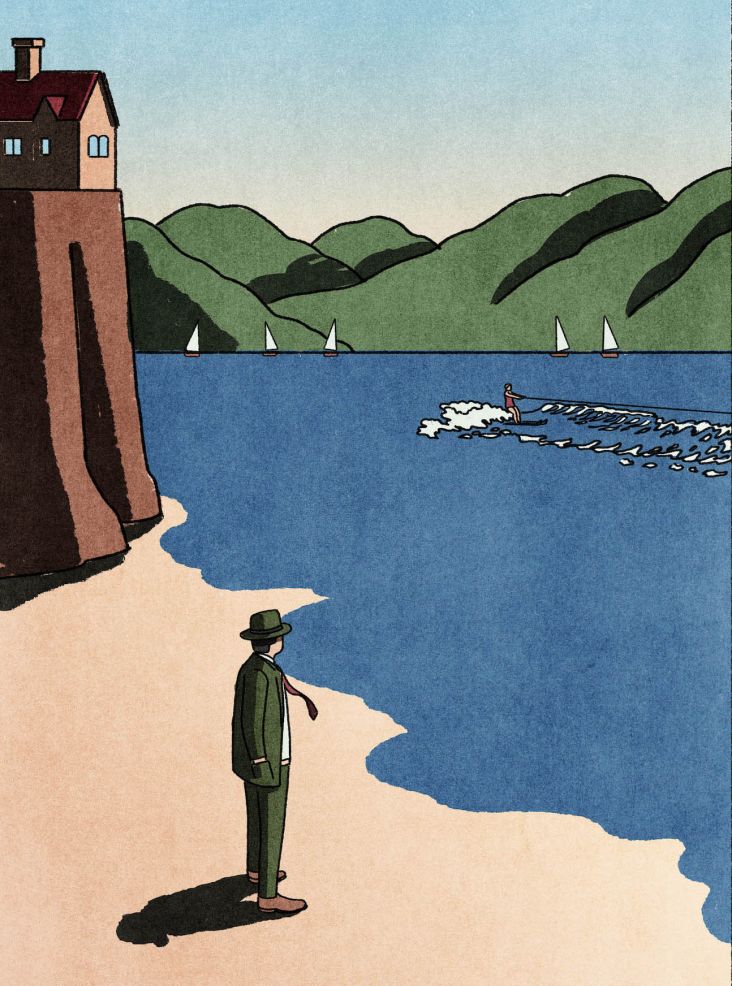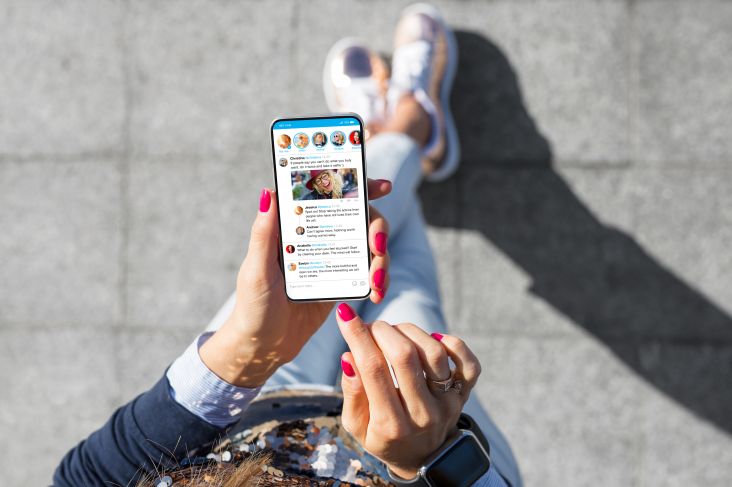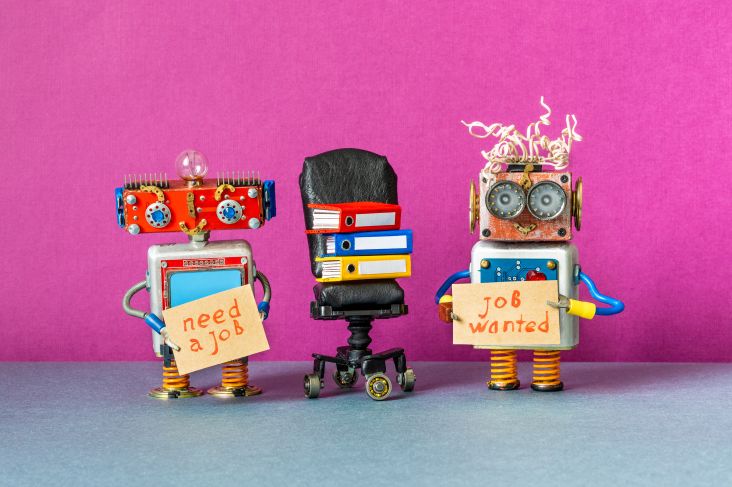
Image licensed via Adobe Stock
To start with, think back to your school and university exams or your driving test. You got ready by doing example questions. It was a great way to gain confidence and be sure you have the information mentally stored for the task ahead.
The same approach can work just as well for graphic design job interviews. So read on, as we run you through some of the most common job interview questions and how to tackle them.
How to rehearse
Once you've finished the article, go away and write down what you plan to say. Rehearse in front of a mirror or a webcam (yes, it can be painful to watch back the recording, but it really will help). Then, when you're confident enough, practise in front of friends, family or friendly colleagues. Keep this up until you're happy you can deliver your points clearly and concisely. And then, well, you'll be ready.
Remember that at most graphic design studios, people are pretty friendly and approachable. So you don't have to worry about them trying to trip you up or give you an Apprentice-style grilling. They'll normally just want to get to know you.
So prepare thoroughly, be open, honest and show them the real you. You probably won't get the first job you apply for, but keep going, and you're sure to succeed.
1. What made you want to be a graphic designer?
This is often the first question you'll get asked. If you stumble or give a vague answer, it will give the interviewer the impression you're not that committed to graphic design and certainly not passionate about it – a clear red flag.
What they want to hear is that you live and breathe graphic design and that you can't imagine spending your life doing anything else. But if that's all you say, it can sound like you're just feeding them a line. The only way to convince them you're genuine, then, is to put some meat on those bones.
Ideally, you'll have a short anecdote about why you got interested in graphic design. Maybe it was one piece of work that inspired you or a teacher or mentor who guided you along this path. Perhaps you did a design project as an offshoot of another passion - such as building a website to promote your music.
Whatever it is, it has to be personal to you, contain enough detail to be relatable (but not so much that it's boring), and be true. The people interviewing will see through BS instantly, so don't waste their time or yours on fake stories.
2. Why do you want to work here?
Imagine if you asked out someone you fancy, but they knew you'd already asked out all their friends first. No one likes to be an afterthought or 'second best'. And it's the same with design studios. They want to feel like you're not just passionate about graphic design but about working with them, specifically.
Again, though, you can't just say 'I love you guys, I think you do great work' and leave it at that. They'll want to see you've done your research and mean what you're saying. So, for example, be prepared to talk about specific case studies of work the studio has done and why they struck a particular chord with you.
If there's anything about their culture, brand or company structure you love, raise that too. For example, they may talk on their websites or in interviews about their flat hierarchy or four-day week.
A word of warning here, though. Many design studios have a lot of marketing waffle on their websites, which is often written by non-designers and contain a lot of confusing buzzwords. If that's the case, then don't blindly repeat these words back to your interviewers, particularly if you don't really know what they mean. Chances are, they won't either!
3. Walk us through your process.
Everyone needs a good portfolio, but graphic design isn't just about the end result, but how you got there. And so your interviewers will inevitably want you to discuss your process: how you approach graphic design projects from start to finish.
There isn't necessarily a 'right' answer here: they just want to know that you're an organised type of graphic designer who plans ahead and doesn't just rush into a project unthinkingly. So again, be honest and explain how you work through briefs in a way that's clear and concise, ideally using a recent project as an example to illustrate your points.
4. Do you prefer working on your own or as part of a team?
This is as close to a 'trick question' as you're likely to get. In practice, design studios will need you to do both on different projects. So the best answer is probably going to be along the lines of – I'm happy to do both.
It's easy for this answer to turn into a panicked waffle. So, to avoid this happening by focusing on specific projects you've worked on, ideally one where you worked independently and one where it was as part of a team. Demonstrate you understand why these two different approaches were well suited to each particular project.
Again, though, stick to the truth. So if you've genuinely never worked independently or as part of a team, then say so. Importantly, add that you're willing to do so when the studio needs you to and that you relish the opportunity to expand your experience and skillset.
5. What do you do to improve your graphic design skills?
Graphic design is not a profession where you learn a certain amount, then sit back and coast. You will need to learn and study new things throughout your career, not least at the beginning. Essentially, your first employer will take you on as raw talent and expect you to improve your knowledge and skillset quickly in your first year.
The interviewer needs to hear that you'll be up for that task, hence this particular question. If the answer is 'nothing much', then you're aren't likely to be invited back for a second interview.
So think about all the tutorials and YouTube videos you've followed recently, the books and articles you've read, and the side projects and collaborations you've pursued in order to push yourself and develop your skillset. Write them down, and memorise them carefully because it's easy to forget stuff in the midst of the interview and then curse yourself on the bus home later.
6. Where do you get inspiration?
Design studios don't want a new starter who's not a self-starter. Your line manager will be knee-deep in their own work and won't have time to babysit you. And that's largely what's behind this question. The interviewer wants to know you're not a mindless drone waiting to be told what to do, but an independent mind constantly feeding itself with new information and fresh inspiration.
That means, for example, you shouldn't just list off the most popular mainstream graphic design blogs; everyone else is going to do that. Think about adding more unique sources of inspiration that are personal to you, whether that's a particular type of music, art, architecture, nature, or whatever. Talk about these with passion, and explain not just why they excite you but how they actually inform your work, ideally, in relation to specific graphic design projects you've pursued.
7. How do you overcome creative block?
This is kind of an obvious one. No design studio wants someone who's going to be 'stuck' on a project and spends half a day not doing any work. So they're going to want to hear a detailed and organised plan for when you get hit by creative block. Again, ideally, talk about a specific incidence when this happened and how you overcame it.
Don't, however, say, "It never happens to me". It happens to all graphic designers, even the 'rock stars', and quite simply, no one will believe you.
8. How well do you handle criticism?
Just like creative block, getting negative feedback is a regular occurrence in the career of any graphic designer. So the design studio wants to know you won't throw your toys out of the pram and make their life difficult.
Once more, you'll ideally answer this question with reference to a real-life project. And the main point to convey is that you see negative feedback as a good thing – a way to improve your practice – and that you welcome it.
That's the kind of attitude that will make you an asset to any team. And if you can convince an interviewer you actually believe this, you'll be well on the way to a second interview.

















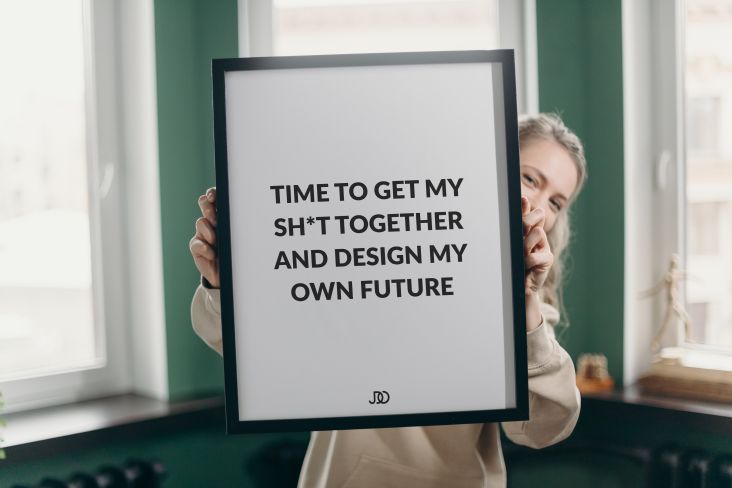
, past winner](https://www.creativeboom.com/upload/articles/25/25c84cd6dba08c005384e8378d0ff90d3dd7cbd2_732.png)
